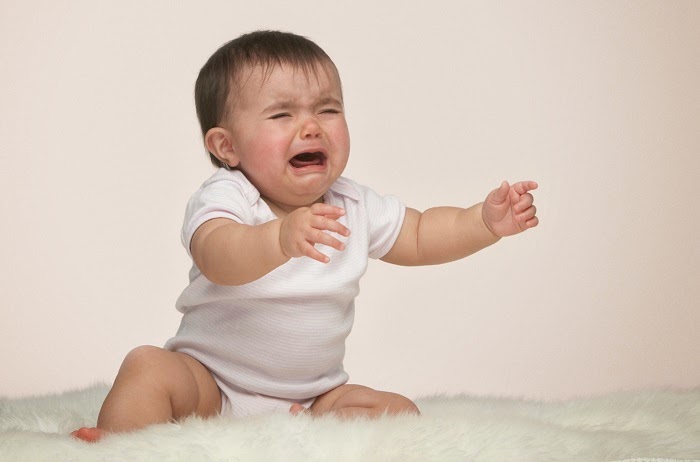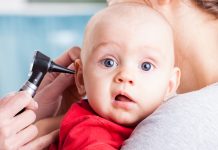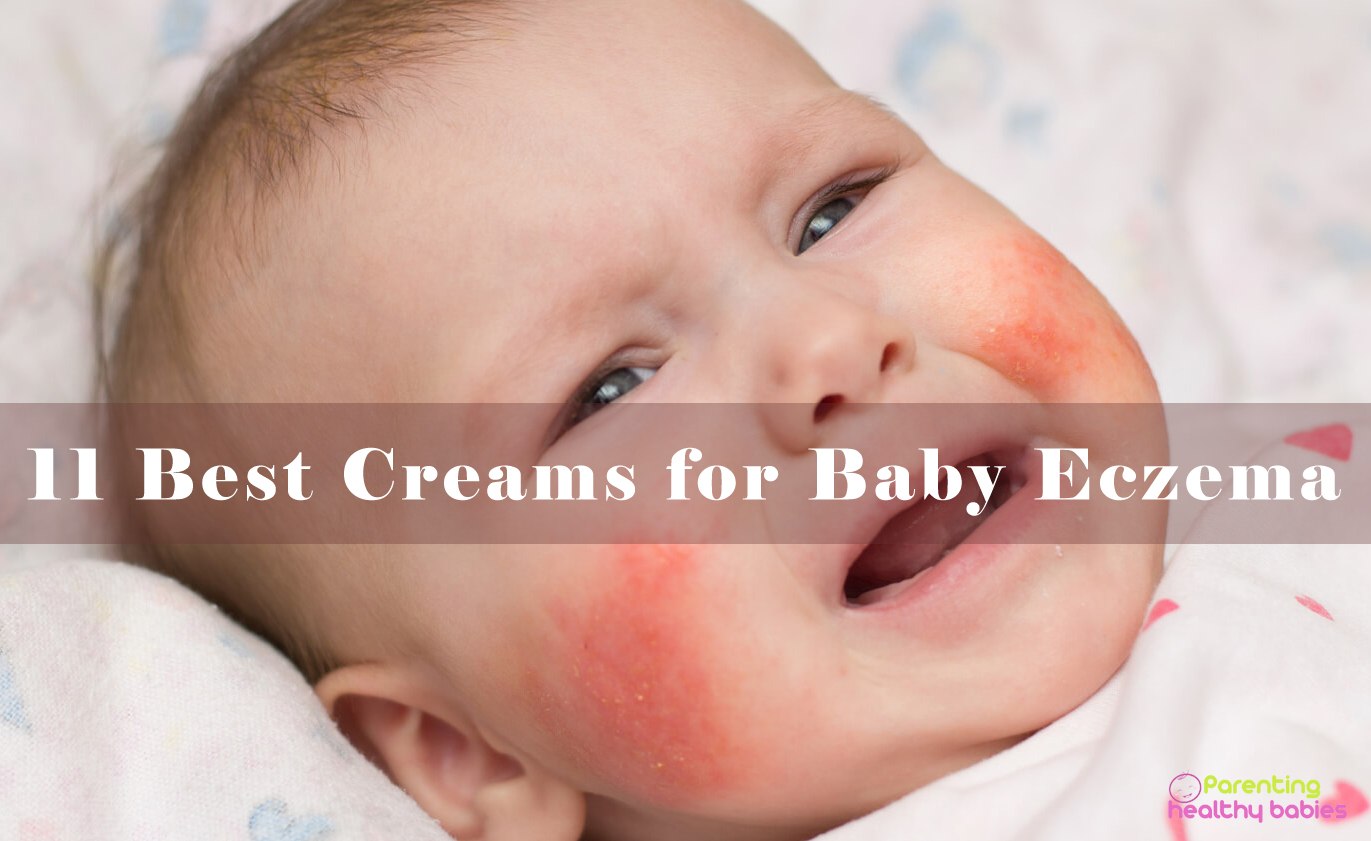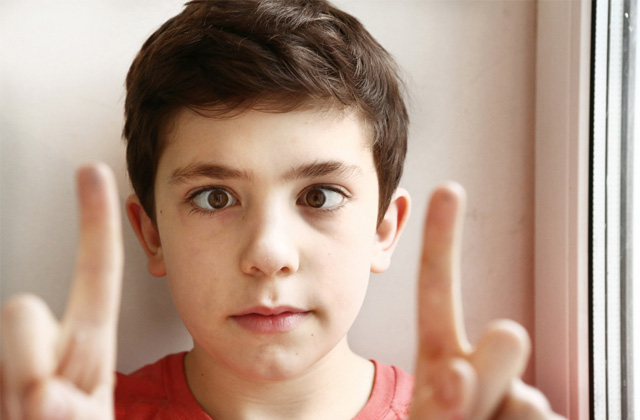Changes in sleep, nausea, vomiting, headache, excessive crying, changes in behaviour and loss of interest games and activities are signs of a concussion in toddlers.
What is a concussion?
A concussion is defined as a traumatic brain injury usually caused due to violent blow to head or violent shaking of head and body, trauma to the head such as a car accident. Concussion is usually a temporary injury and does not leave any drastic permanent effects on the affected person.
Concussion in babies and toddlers are dangerous because they cannot tell you how they feel and you are the one who have to perceive the symptoms. Moreover, the signs and symptoms are slightly different in them from adults.
Causes for concussion
The brain is protected in the skull by the presence of a cerebrospinal fluid that cushions any jolts or bumps the brain experiences.
In case of a violent impact due to shaking the brain moves back and forth forcefully against the inner walls of skull.
These injuries affect brain functioning temporarily causing confusion, lethargy and drowsiness. These symptoms can develop immediately or after a few hours or after a few days too.
It turns dangerous when there is bleeding in the brain. If medical intervention is not immediately provided then it can also prove to be fatal.
Read More: How to Prevent Children’s Head Injuries
Signs of a Concussion in Toddlers: An Ultimate Guide
Signs of a concussion in babies
Concussion in babies is difficult to identify as they cannot explain to us about their symptoms. Some signs of concussion in babies are:
- Crying when you move the baby’s head
- Irritability
- Changes in sleep – either excessive sleeping or little sleeping
- Vomiting
- Bump on head
- Baby will not eat or nurse
Signs of a concussion in toddlers
Concussion in toddlers are little easier to identify than in babies as they can be more vocal about their symptoms and indicate that their head hurts when it’s moved.
Different signs of concussions noticed in toddlers are:
- Changes in sleep – either excessive sleeping or little sleeping
- Headache
- Nausea
- Vomiting
- Excessive crying
- Loss of interest in things they like for example, playing
- Changes in behaviors
Read More: Keep Your Children Safe: Never Leave Them in the Car
Signs of a concussion in children
Different signs of concussion in children of above 2 years are:
- Difficulty in sleeping
- Changes in sleep pattern – excess sleeping or little sleeping
- Dizziness
- Double or blurred vision
- Trouble in concentration
- Trouble in paying attention
- Trouble in remembering
- Often confused or forgetful about things around
- Sensitivity to light
- Sensitivity to sounds around
- Drowsiness
- Nausea
- Vomiting
- Changes in behavior – irritable, sad, upset, etc.
When to consult a doctor?
You have to watch your child carefully and take note of their daily activities. You have to see if the baby falls or when the baby falls does the baby receive an impact on the head and if the impact is quite hard or not.
You have to also regularly see for bumps on their head. If you find a bump of a relatively larger size and any of the above signs in your baby then it can be signifying concussion. Usually it resolves on its own with sufficient rest so you don’t have to worry a lot.
However, if your baby is vomiting, has lost consciousness for a minute or two or has had a seizure, then you should seek immediate medical attention.
Sometimes a concussion can also lead to bleeding in the brain. Look for the size of pupils of your baby. If either of them is larger than normal or unequal then it can denote that there is hemorrhage in the brain. In such a case, seek immediate medical attention.
There is no specific test to denote a concussion, but an MRI or CT scan can show if there’s bleeding in the brain or not.
Read More: 11 Shocking Signs of Child Abuse
Preventive measures for a concussion
“Prevention is better than cure”
This saying is very much true for a concussion. The following preventive steps can be taken:
- Always buckle your child safely in the car. Baby seats are available, so choose the appropriate baby seat and buckle it properly. So that in case of any road accidents or sudden slamming of breaks, your baby will not injure his or her head gravely.
- Make your home safe. Toddlers are specially known to crawl or walk around exploring things. Avoid placing any metallic show pieces or aby otherr heavy things around at low levels that could lead them to fall on your child.
- Always keep the floors clean and free of cable or any other electronic gadget wires as this can cause your child to fall.
Treatment for concussion
Rest is the only treatment for a concussion. Take lots of rest and this involves both physical and mental rest.
Avoid the use of electronic gadgets and TV screens as this would mentally strain the brain.
Sleeping is one of the best methodologies to healing. Encourage your child to take naps and inculcate quiet environment.
Most importantly, prevent repeated head injuries after a prior concussion, as this could leave to permanent brain damage.
Take those medicines only which the doctor prescribes.
Conclusions
Concussion is a head injury which causes temporary symptoms and is usually resolved with adequate rest. You need not worry a lot if your child has a head injury as for most part it is minor. If your child shows repeated vomiting, loss of consciousness or seizures, seek immediate medical attention.
Care should be taken to avoid another head trauma while a concussion is prevailing as this could lead to permanent brain damage too. You need to keep an eye on your child and be regular in checking for any bumps on the head of the child.
Read More: Shaken Baby Syndrome: Symptoms, Causes, Diagnosis and Treatment
References
https://www.mayoclinic.org/diseases-conditions/concussion/symptoms-causes/syc-20355594
https://www.healthline.com/health/parenting/concussion-signs-children#1













